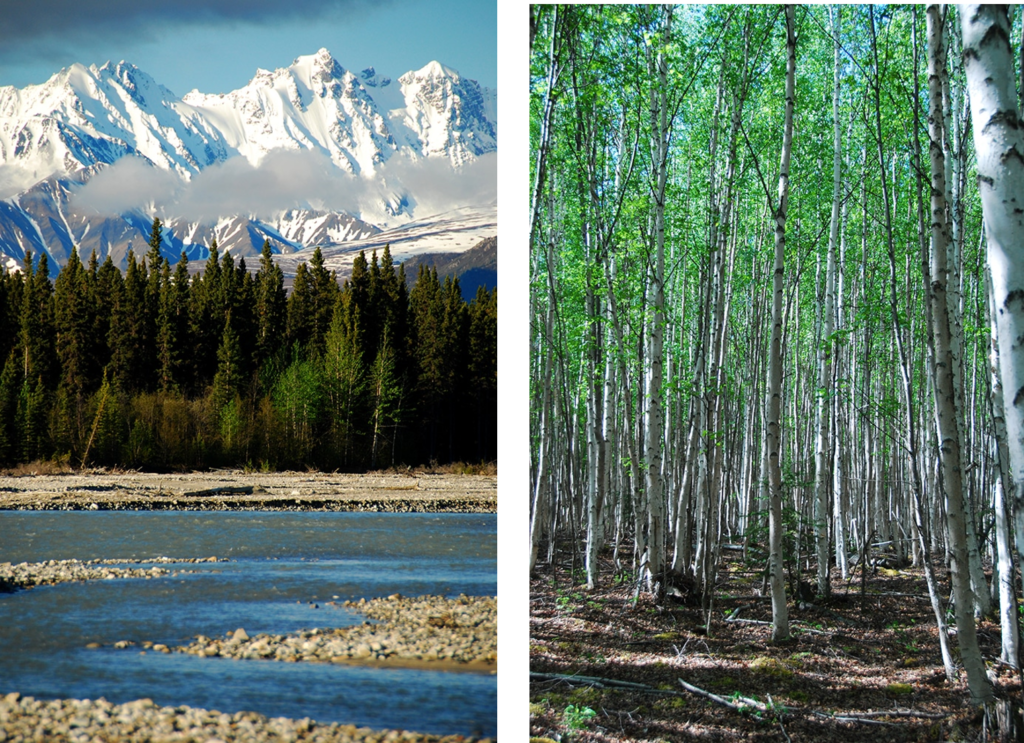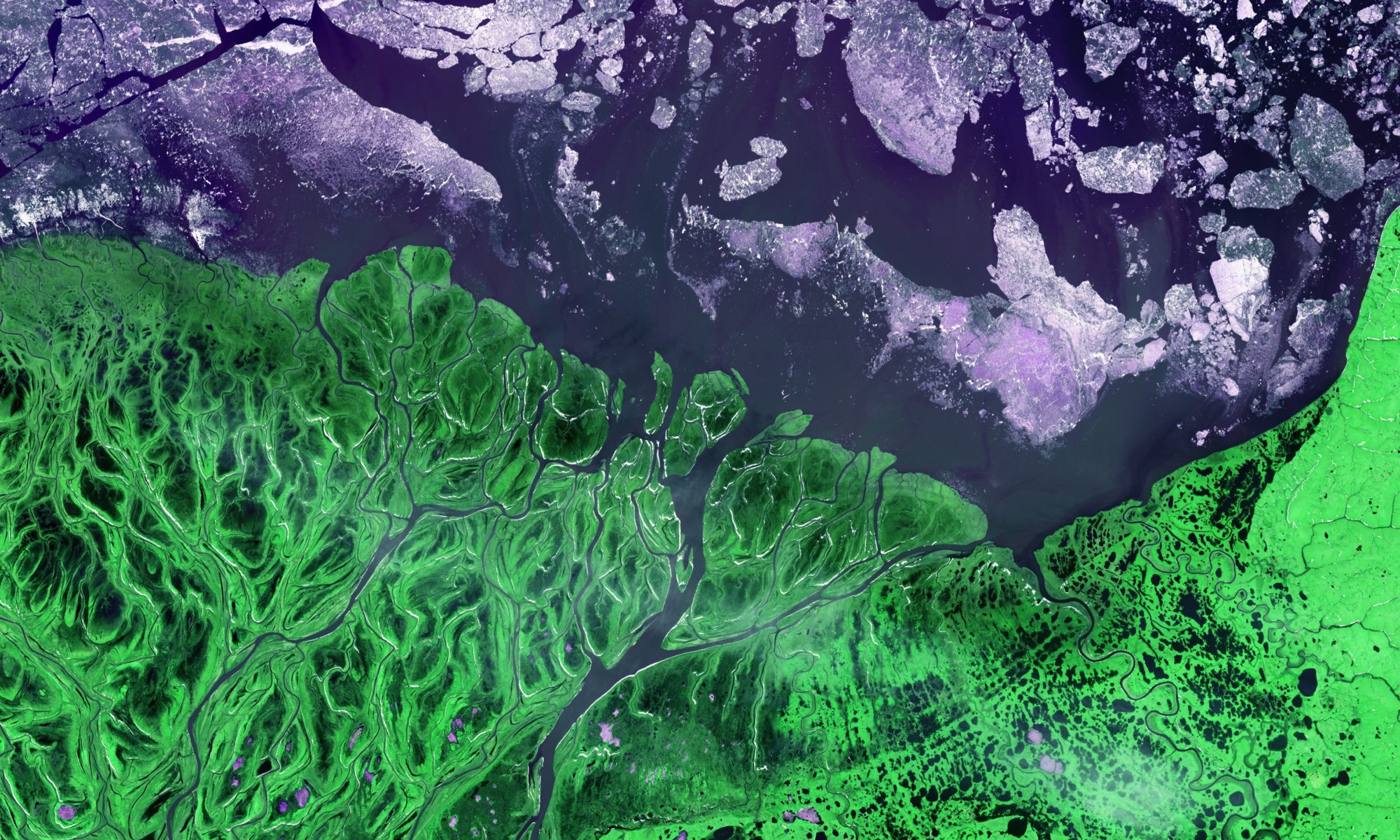
A recent study led by former GEODE lab postdoctoral researcher Richard Massey and published in Nature Climate Change takes a space borne look at how wildfires are shaping boreal forests. Using imagery from satellites and thousands of on-the-ground observations, the study authors (which include GEODE lead Scott Goetz, GEODE assistant professor Logan Berner, Ecoss Regents’ professor Michelle Mack, Ecoss assistant professor Xanthe Walker, and Brendan Rogers and Sol Cooperdock from Woodwell Climate Research Center) tracked changes in the fraction of deciduous tree cover across the North American boreal biome. Past research has shown that fires tend to shift forest composition towards deciduous tree cover, which ultimately has a cooling effect on the climate. The results from space suggest that although post-fire deciduous take-over occurs in the short term, deciduous trees are replaced again by conifers over longer time scales. Over the large spatiotemporal scale of the study, there was little overall change in forest composition. This suggests that despite dynamic changes occurring at local scales, large scale forest composition changes are not yet driving climate cooling across the North American boreal.
“There are tremendous dynamics taking place, but when we tally those all up, the net feedbacks to climate were fairly small.”
Scott Goetz, Regents’ professor
Read more about the research from NAU News.

